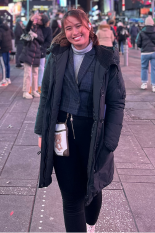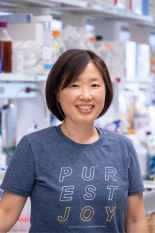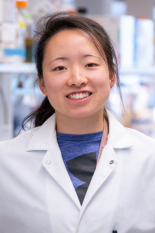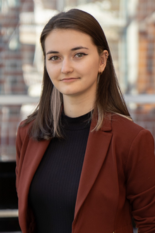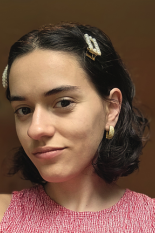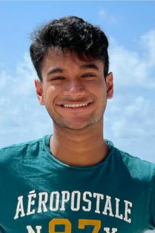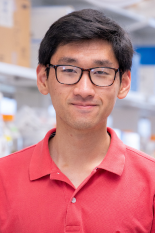News Story
Fischell Institute Spotlight: Peter Kofinas
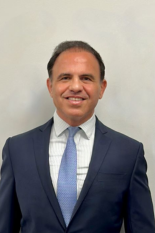
Peter Kofinas is a Fischell Fellow and Professor and Chair of the Department of Chemical and Biomolecular Engineering. He also holds affiliations with the Fischell Department of Bioengineering, Department of Materials Science and Engineering, and the Maryland Energy Innovation Institute.
Kofinas was previously involved with M-CERSI and has collaborated with Fischell Institute Director Bill Bentley on nanobiotechnology projects and lab-on-a-chip biosensors. Kofinas’s areas of expertise are in biomaterials, biosensors, polymers, batteries, and biomedical devices for the treatment of adhesions in surgery. His current research focuses on near-term translational biomaterial projects, with an emphasis on clinical application and biomedical devices. “I am especially interested in surgical material development for the treatment of adhesions and burn wounds,” Kofinas explained.
Kofinas and his research group, housed in the Functional Macromolecular Laboratory, employ blow spinning for the rapid manufacturing of biomedical devices. They also tailor material properties to develop tissue adhesives, sprayable blends of biodegradable polymers, and nanocomposite fibers. Spray-on polymer formulations deliver autologous skin cell suspensions on burn wounds and are used as a primary dressing to treat various serious burns. Other spray-on polymers are used to prevent adhesions while at the same time replacing sutures in internal abdominal surgery.
Over time, Kofinas has established a track record of successful and productive research projects utilizing the fundamental understanding of synthetic, polymer-based nanostructures and their interactions with proteins, blood, and tissue. He and his team have investigated the synthesis, characterization, and fabrication of stimuli-responsive materials which can autonomously bind or respond to proteins and small molecules exclusively using synthetic materials. Each of these investigated techniques require simple synthesis protocols without the use of enzymes or antibody capture agents. His work on point-of-care methods is driven by the need for better methods to diagnose and manage diseases.
In addition, he is excited by new translational product design and would like to work on other medical devices, biomaterials, labs-on-a-chip, and biosensors in the future.
Outside of work, Kofinas practices Brazilian jiu jitsu. Since being introduced to the sport by a graduate student four and a half years ago, he has participated in national and international competitions, and has achieved the rank of purple belt. In his spare time, Kofinas volunteers as an instructor at 2ndGear Jiu Jitsu in Laurel, Md.
Published May 24, 2023
